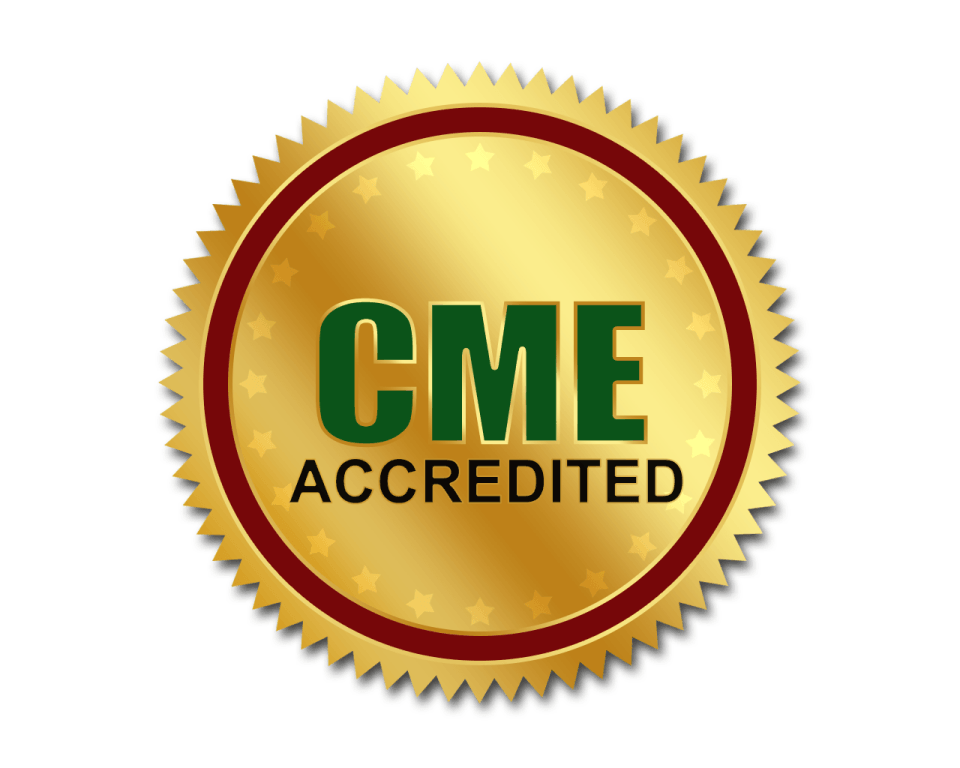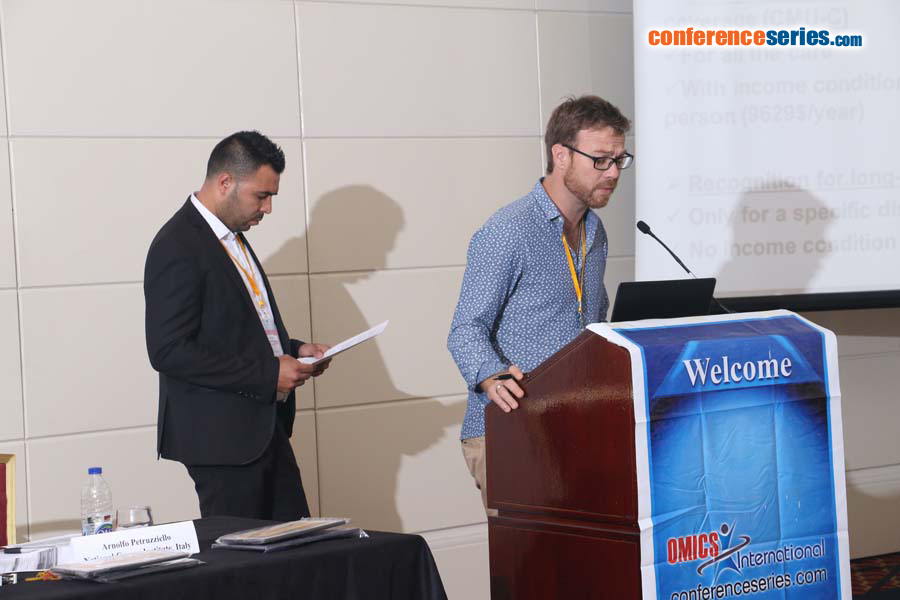
Bouchkira Hakim
Centre Hospitalier de Perpignan, France
Title: Increase of specific social score EPICES before and after direct antiviral agent treatment in HCV patients in France: Two years experience
Biography
Biography: Bouchkira Hakim
Abstract
Introduction: Hepatitis C was most frequent in vulnerable people who were insecure and had multiple viral risk factors. Vulnerable people included inmates, migrants, drug users, homeless and psychiatric patients. Accessibility of health system was not so easy, most part for these populations because of social, psychiatric and addictive issues. In May 2014, French national experts rapport reported about connections between social vulnerability and hepatitis B and C incidence. That is was why vulnerable populations were particularly affected by HCV and HBV infections. Validated tools to evaluate this phenomenon were not sufficiently put to use social inequalities of healthcare must be taken in account in fight against HBV and HCV. This report recommended evaluating first social vulnerability situation, proposing best support and taking in account these factors with medical and social workers. Hepatitis Mobile Team (HMT) was created in July 2013 to increase screening care and treatment of hepatitis B and C patients. We proposed 15 services: Screening by Dried Blood Spot (DBS) HIV HBV HCV, Mobile Fibroscan* in different sites, social screening and diagnosis (EPICES score), outreach center with specific health care workers 5 days, free blood tests in primary care if no social insurance, advanced on-site specialist consultation, access to obligatory pre-treatment commissions, individual psycho-educative sessions, collective educative workshops, staff training, drug users prevention, peer to peer program, low cost specific patients mobile phones, specific one day hospitalizations before and after antiviral treatment and Green thread: outside DBS and FIBROSCAN* in specific converted truck.
Objective: Evaluation of modification of specific social score before and after direct antiviral agent HCV treatment in vulnerable people.
Methodology: We used specific social score called EPICES (evaluation of individuals’ factors affecting vulnerability in health exams centers) two times for every patient, in first contact and 3 months after treatment. EPICES score (14 questions) was created in 2004 and was demonstrated specific action to detect and quantify precarious people. EPICES score was positive for precarious situation at 48.5 value and maximum score was 100. All patients with value above 48 saw social worker for social evaluation.
Preliminary Results: HMT used EPICES score since September 2014 for all new HCV patients. In 2015, 36 EPICES scores were realized before AAD treatment with average value at 77. In 2016, 64 scores EPICES were realized before DAA treatment with average score at 70 and average post treatment value at 52. Difference between pre and post treatment values were significant (p<0.05).
Conclusion: Hepatitis Mobile Team was an innovative concept that promotes return of known HCV patients and new diagnosis patients in circuit of care by facilitating access to screening and FIBROSCAN* but also for social worker and hepatologist consultation. Training and coaching people with precarious situation, investment and adherence to project of our partners, increase number HCV patients supported treated and cured.
Speaker Presentations
Speaker PPTs Click Here




